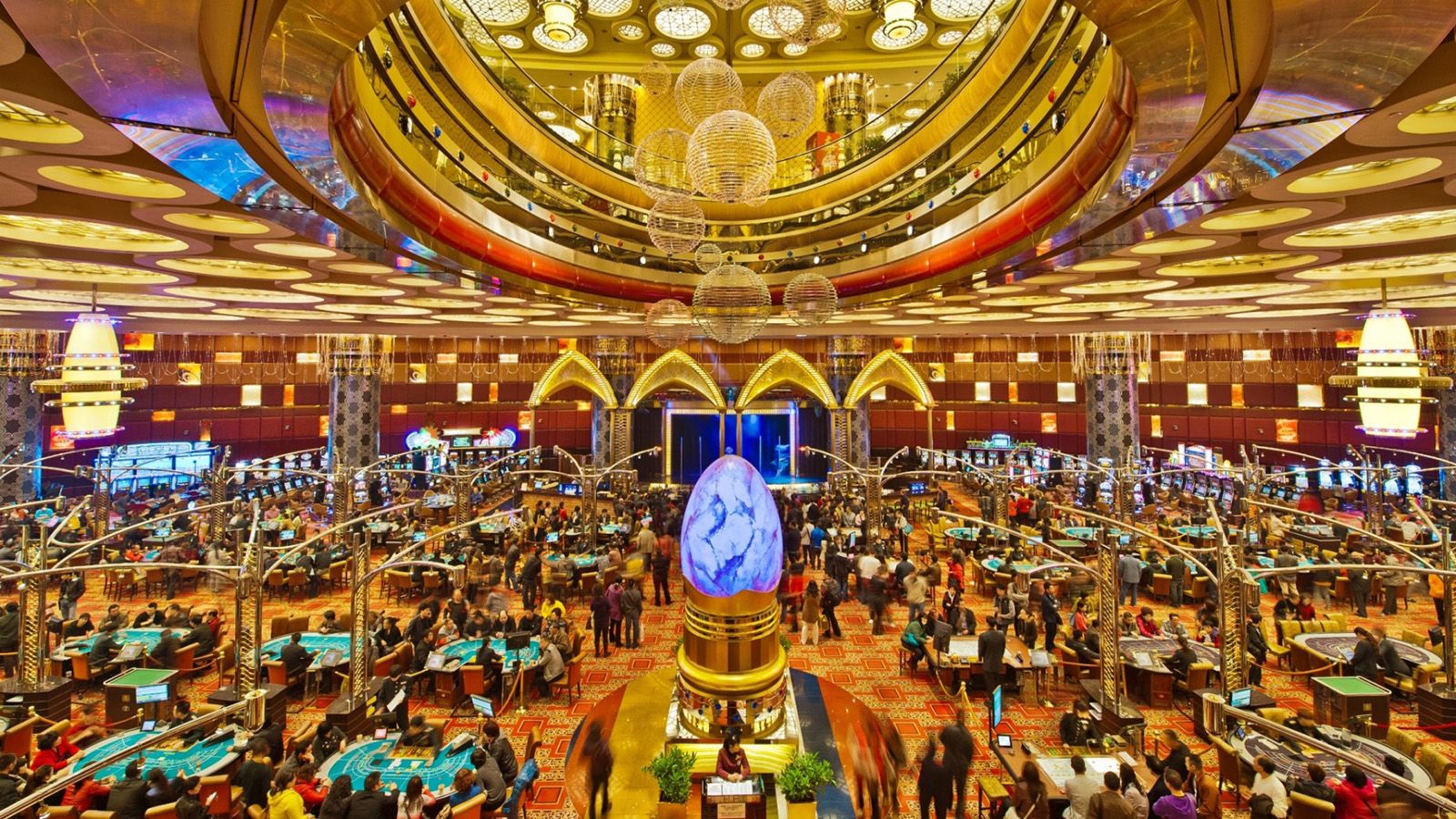
Casino games have long been a staple in human culture, providing not just entertainment but a captivating reflection of our aspirations, dreams, and concerns. From the turning reels of a slot machine to the tactical play of poker, these games embody a variety of human feelings and events. At their core, casino games are not just a chance to make profits; they are a snapshot of life itself, where risk and reward intertwine and fortunes can change in an moment.
As players assemble around tables or sit in front of brightly lit machines, they participate in a ceremony that transcends mere gambling. These games mirror our instinctive desires for connection, thrill, and the quest for chance. They also reveal deeper truths about human psychology, such as our relationship with luck and the excitement of risk. In exploring casino games, we discover not only the rules of play but also the rich tapestry of the human experience, showcasing our interconnected narratives of aspiration and reality.
The Mind Behind Gambling
Wagering is intrinsically connected in the psyche of individuals, tapping into various feelings and desires. The excitement of risk-taking is a core aspect that attracts participants, whether the thrill of spinning a roulette wheel or the anticipation of drawing a winning card in a poker game. This adrenaline is frequently likened to other forms of excitement, as the unpredictability of outcomes triggers a unique psychological response. Players often become captivated by the chance of striking it rich, leading to an irresistible draw toward gambling games.
Additionally, a crucial component of the psychology behind gambling is the concept of optimism and aspiration. Participants often nourish fantasies of financial freedom and the luxurious lifestyle that can follow winning. This optimism fuels their continued participation in casino games, as it provides a sense of purpose and the conviction that a transformative win could be just one bet away. The story of overcoming odds and finding success resonates with many, reinforcing their dedication to play and involve themselves with these games.
Lastly, social dynamics play a significant role in gambling psychology. Casino environments are designed to foster social interaction, where players gather to share the journey of wins and losses. This shared aspect not only enhances enjoyment but also influences behavior, as individuals often imitate the actions of others in their vicinity. The collective approval found in shared excitement can magnify the emotional experience, making casino games a mirror of not just personal desires but also collective engagement within the gambling community.
### Risk and Reward: A Double-Edged Sword
Gambling activities embody the delicate balance between risk and gain that resonates profoundly with human nature. The excitement of placing a wager is often accompanied by a rush of adrenaline, as participants are confronted with the prospect of winning big, yet conscious of the risk to lose. This dual experience reflects a fundamental aspect of life: the decisions we face often come with built-in risks, and the pursuit of reward can drive us to make risky moves we might not otherwise consider. In this way, casino games echo real-world decisions, enticing gamblers to gamble not just their funds, but also their aspirations.
The allure of jackpot prizes and winnings fuels a feeling of positivity, inspiring players to envision a better future that could manifest from a lucky spin of the roulette or dealing of a hand. This optimism can drive individuals to engage in more daring actions, urging them to extend their limits in search of monetary success. However, just as in life, the outcomes of these decisions can lead to both victory and despair. đá gà thomo The stories of both jackpot winners and those who have faced losses everything at the tables demonstrate the unpredictable nature of chance and its significant effect on our existence.
Ultimately, the experience of engaging with gambling activities serves as a potent reminder of the human condition. Every game played is imbued with the tension of risk, as gamblers weigh the rewards against the risks. This balance not only highlights the thrill that comes with gambling but also exposes the risks that come with the urge for more. As we explore the challenges of choice and consequence in both the casino and in life, we find that the quest for gain shapes our sense of self and lives in significant manners.
Society and Solitude in Casino Culture
Casino culture is a distinct mix of social interaction and personal pursuit, reflecting the contrasts of individual experience. Players often gather around tables, sharing in the thrill of the action, celebrating wins, and sympathizing over losses. This social aspect is vital, as it creates a sense of belonging and camaraderie among diverse groups of individuals. Regular visitors to casinos may form friendships and develop routines, turning the casino into a alternative home where they experience linked to a greater community of gamblers.
However, the appeal of casino games can also lead to isolation. As individuals become engrossed in the thrill of playing, they may isolate from personal relationships or neglect to engage with the environment outside the gaming space. For some, the pursuit of a jackpot can overshadow genuine relationships, leading to isolation. The situation of being among people yet feeling solitary is not uncommon, as the attention shifts from shared enjoyment to the individual stakes of each player’s journey.
This interaction of society and isolation creates a rich tapestry that defines casino culture. It highlights the complexity of social interactions, where happiness and despair exist together. Casinos serve as both a sanctuary for social engagement and a platform for individual struggles, illustrating how deeply entwined our yearning for companionship and the individual quest for fortune can be. In navigating this environment, players confront their own stories—seeking both the thrill of the wager and the fellowship of other gamblers, ultimately reflecting the broader spectrum of human experience.
